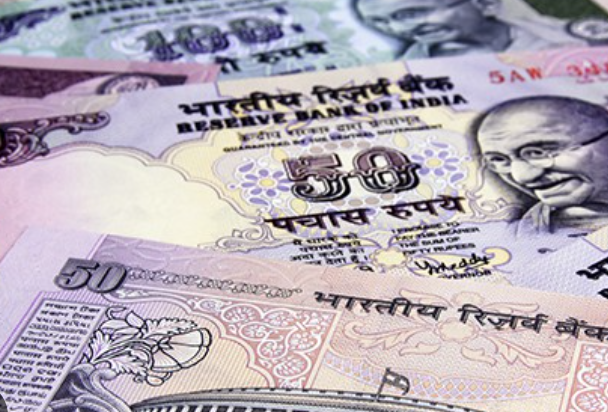$ADANIENT $ADANIPORTS $NSE
#AdaniGroup #GautamAdani #StockMarket #FraudCharges #AdaniShares #NewYorkCourt #IndiaMarkets #Billionaire #CorporateFraud #MarketPlunge #EmergingMarkets #GlobalEconomy
Shares of India’s Adani Group saw a dramatic sell-off following the news that its chairman, Gautam Adani, was indicted in a New York federal court on charges of fraud. Investors responded to the development with panic, erasing billions of dollars in market value across the group’s listed entities. $ADANIENT (Adani Enterprises), the group’s flagship firm, recorded double-digit percentage losses during intraday trading, while other subsidiaries like $ADANIPORTS also suffered sharp declines. This legal development prompted significant concerns about the group’s operational future and raised fears of broader contagion within India’s equity markets, particularly given the conglomerate’s outsized influence on major indices such as the $NSE.
The allegations against Gautam Adani, as detailed in the indictment, center around fraudulent financial practices and alleged market manipulation that spanned years. This has cast a shadow over the meteoric rise of Adani Group’s valuations, which have been a magnet for foreign institutional investors (FIIs). The timing of this development is crucial, as it coincides with rising scrutiny of corporate governance standards among Indian conglomerates. Analysts predict that foreign investors are likely to reduce exposures to companies perceived as having elevated legal or reputational risks. This comes at a time when India is vying for greater representation in emerging market indexes, making the fallout a potential warning for global funds prioritizing environmental, social, and governance (ESG) compliance.
The sharp decline in Adani Group stocks has also triggered heightened volatility in Indian equity markets. Investors are grappling with the implications of Gautam Adani’s legal troubles on the group’s ability to execute ambitious growth plans, especially in sectors such as infrastructure, energy, and logistics. The group’s over-leverage has been a consistent topic of concern among analysts, and these charges are only amplifying those risks. Bond investors, too, are starting to price in higher probabilities of downgrades on the group’s debt, possibly raising borrowing costs and jeopardizing future expansion efforts. The ripple effect of today’s sell-off has extended to related infrastructure stocks, dragging down sector-wide indices and pointing toward continued turbulence for India’s growth narrative.
The broader market impact extends beyond the Adani Group. Sentiments around emerging markets may face downward revisions, as global investors reassess their risk appetite for high-growth but high-risk markets with significant family-led ownership structures. If the allegations are proven true, the case could lead to policy-level interventions and reforms aimed at improving corporate governance in India. In the near-term, however, the uncertainty has created massive liquidity outflows from Indian equities, and regulators, including the Securities and Exchange Board of India (SEBI), are likely to face pressure to ensure orderly market function. This serves as a stark reminder of how critical trust and transparency remain in driving sustainable long-term growth in emerging markets.











Comments are closed.